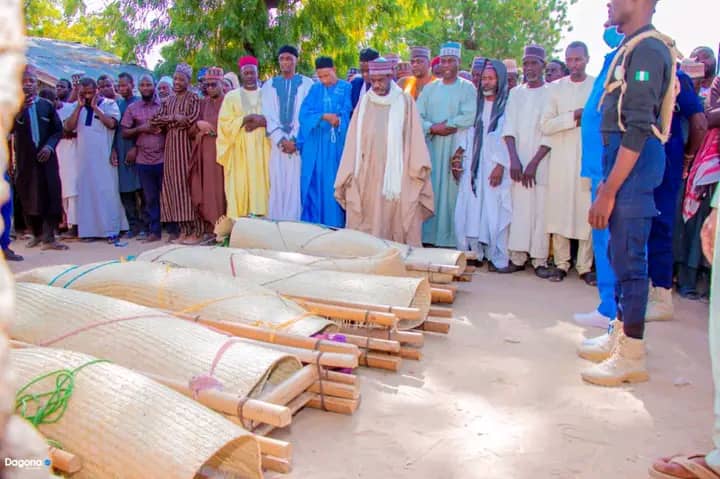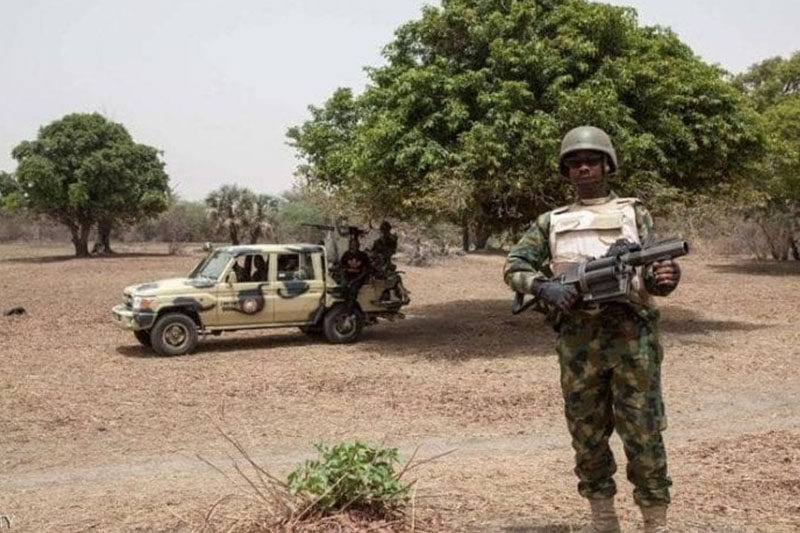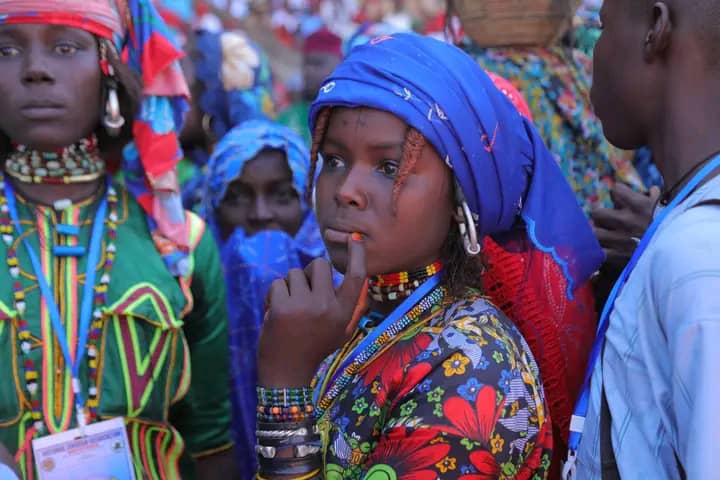About 50 members of the extremist groups, the Jamā’at Ahl as-Sunnah lid-Da’way Wa’l-Jihād (JAS), more commonly known as Boko Haram, and the Islamic State West Africa Province, were killed by the Nigerien soldiers in an attack on a military post in the southern region of the country on Tuesday, August 24.
The Niger defence ministry confirmed that 16 soldiers had died in the attack and nine others were wounded.
The military said significant quantities of weapons were secured in the attack which took place in the Diffa region in southern Niger.
Niger’s Defence Minister, Alkassoum Indatou, said in a statement that “the positions of our defence and security forces in Baroua, in the Diffa region, were attacked by several hundred Boko Haram elements who came from Lake Chad”.
Nigerien soldiers “neutralised around 50 terrorists” and “secured a large quantity of arms and ammunition”.
Mala Maina, a resident of Diffa told RNI that no one had fled during the attack but that one woman was killed and a man was wounded in the exchange of fire.
He said that, unlike previous attacks, the extremists targeted only the security forces and no houses or shops were burnt.
Babagana Bulama Ganjar, also from Diffa, said residents had remained calm despite heavy gunshots. He lauded the efforts of the soldiers who repelled the insurgents.
The Diffa region is host to about 300,000 Nigerian refugees and locally displaced Nigeriens, according to the United Nations.
The attack came after about 6,000 people returned to the Baroua area in June after fleeing violence in 2015.
Authorities said that in recent months 26,000 refugees had returned to 19 villages, such as Baroua. The villages were under “reinforced” protection. Diffa governor Issa Lemine hailed the “positive development of the security situation” as he welcomed returnees.
Those who fled had been living in safer villages, United Nations camps or with relatives elsewhere in the region.
The JAS insurgency broke out in northeastern Nigeria in 2009, but violence frequently spills over into neighbouring Chad, Niger and Cameroon in the Lake Chad Basin.
A day after the attack on Baroua, the military in Nigeria confirmed that ISWAP and JAS insurgents had attacked Babangida town in Yobe State.
Brigadier General Onyema Nwachukwu, director of army public relations, said in a statement that “the insurgents were prowling for logistics replenishment”.
“The criminals made a futile effort to infiltrate the town but were met with a fierce counterattack from the vigilant troops, forcing them to retreat in disarray,” he said.
The insurgents were repelled by troops attached to Sector 2 Joint Task Force of Operation Hadin Kai, Nwachukwu said, adding that soldiers had captured one gun truck, one Dushka anti-aircraft gun, two AK-47 rifles and unprimed improvised explosive devices from the fleeing insurgents.
Yobe state governor Mai Mala Buni commended the army and other security organisations for repelling the attempted attack on Babangida town, the headquarters of the Tarmuwa Local Government Area.
The town is about 50km from Dapchi, where 110 schoolgirls from the Government Girls Science and Technical College were abducted in February 2018.
Most of the girls were released but five did not survive the ordeal and one other, Leah Sharibu – a Christian who refused to convert to Islam – is still being held.
The VOA reported in February this year that her parents remained hopeful that she would be freed but said the government was doing nothing to ensure her release.








